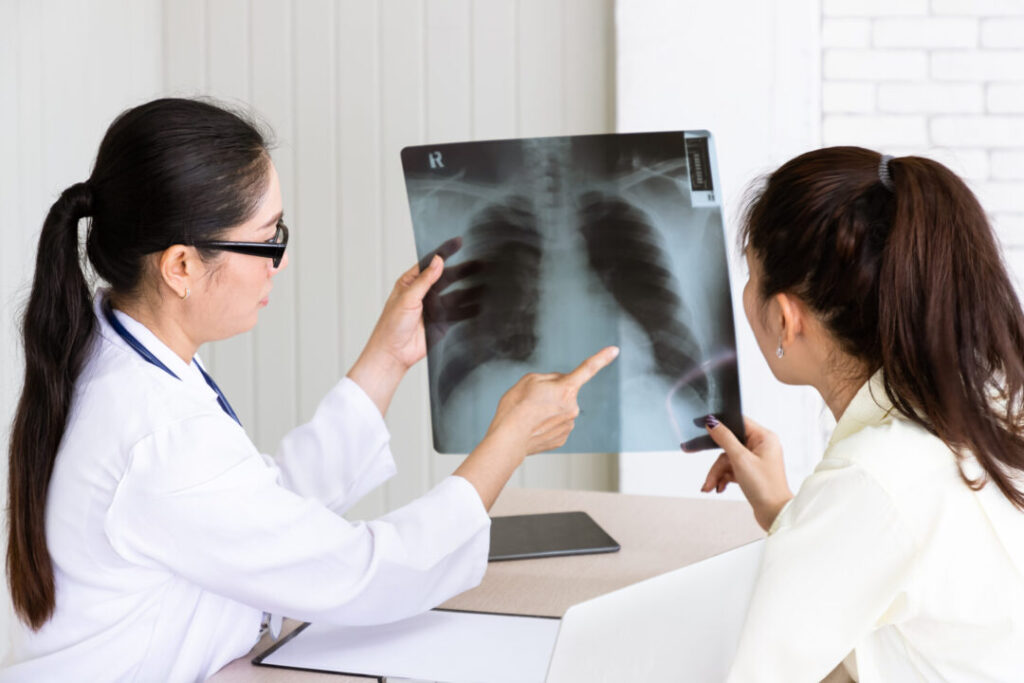Lung cancer is a major public health issue that affects millions of people globally. While the consequences can be disastrous, there is hope in the form of early detection. World Lung Cancer Day serves as a sobering reminder of the value of timely screenings in improving lung cancer survival rates. In this blog article, we discuss the importance of early detection, screening methods available, and the positive influence they can have on patients’ lives.
Lung cancer is one of the most common and lethal types of cancer. Its symptoms frequently go unrecognised or are misdiagnosed as other respiratory illnesses, resulting in late-stage diagnoses with limited treatment choices. Furthermore, smoking remains a significant risk factor for lung cancer, and attempts to quit smoking frequently confront several obstacles.
The Importance of Early Detection

Increased therapy Options: Detecting lung cancer early allows for a wider selection of therapy options. Surgery, radiation therapy, and targeted therapies are more effective and have a better chance of success in the early stages.
Improved Survival Rates: When lung cancer is detected early, the survival rate is much greater. Detecting the disease before it spreads to distant organs can make a significant impact in the prognosis and quality of life of a patient.
Improving Quality of Life: Because early detection allows patients to begin treatment sooner, the burden of symptoms and associated complications is reduced. This can result in a higher overall quality of life during the therapy process.
Methods of Screening for Early Detection
Low-Dose CT Scan: The most popular method for lung cancer screening is low-dose computed tomography (CT) scanning. It is a non-invasive technique that creates detailed images of the lungs using low amounts of radiation. This test is advised for people who are at high risk of lung cancer due to variables like age, smoking history, or a family history of the disease.
Biomarker Testing: For people with a confirmed diagnosis of lung cancer, biomarker testing can identify particular genetic abnormalities or tumour alterations. This information assists oncologists in tailoring targeted therapy, potentially making treatments more successful and less harmful.
Raising awareness, encouraging healthy habits, and encouraging screening can all make a big difference in the fight against lung cancer. Lung cancer screenings can be a critical step towards early detection and improved outcomes for people at high risk. Awam Clinic is committed to improving lung health by providing comprehensive screening and care. We can work together to create a future in which lung cancer is discovered early, treated successfully, and more lives are spared.
Prioritize your health – schedule an early lung cancer screening at Awam Clinic today for proactive detection, expert care, and peace of mind. Don’t wait, contact us by clicking here to take the first step towards a healthier future.


